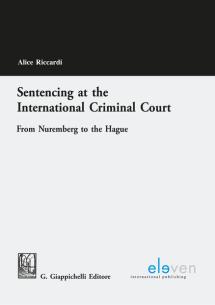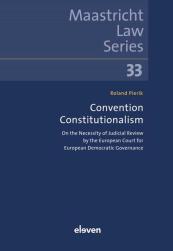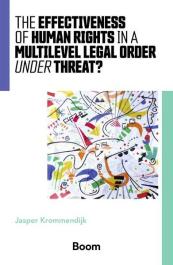Sentencing at the International Criminal Court
From Nuremberg to the Hague
This book deals with the purposes of sentencing in international criminal law focusing on the International Criminal Court. Notwithstanding the modern longevity of international criminal law and the volume of research produced on the issue of international sentencing rationales, the International Criminal Court has not yet established a coherent sentencing policy. Vis-à-vis the absence of statutory provisions identifying the objectives of sentences, this book explores the law as it is with the aim of understanding the philosophical foundations of international sentencing.
The work opens with a critical examination of the issue of sentencing rationales in international criminal law and with an overview of the theories advanced by scholars. To pursue its main objective, the book is then divided into two sections. The first section studies whether it is possible to find a norm of international law providing for the aims of sentences in the law and practice of pure international criminal jurisdictions created before the entry into force of the Statute of the International Criminal Court, namely the Nuremberg and Tokyo Tribunals and the two UN ad hoc Tribunals for the former Yugoslavia and Rwanda. The second section analyses the issue of sentencing at the International Criminal Court, by focusing on the provisions of its Statute, on the relevant rules of internationally recognized human rights law and on the Court’s first practice. The book ends with a re-organization of the principles emerged throughout the research. The resulting principled system suggests a consistent approach to the penal justifications of sentencing for the International Criminal Court.
This is a co-publication with G. Giappichelli Editore.







